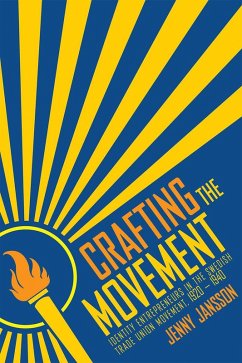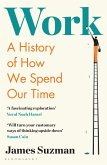Crafting the Movement presents an explanation of why the Swedish working class so unanimously adopted reformism during the interwar period. Jenny Jansson discusses the precarious time for the labor movement after the Russian Revolution in 1917 that sparked a trend towards radicalization among labor organizations and communist organizations throughout Europe and caused an identity crisis in class organizations. She reveals that the leadership of the Trade Union Confederation (LO) was well aware of the identity problems that the left-wing factions had created for the reformist unions.
Crafting the Movement explains how this led labor movement leaders towards a re-formulation of the notion of the worker by constructing an organizational identity that downplayed class struggle and embraced discipline, peaceful solutions to labor market problems, and cooperation with the employers. As Jansson shows, study activities arranged by the Workers' Educational Association became the main tool of the Trade Union Confederation's identity policy in the 1920s and 1930s and its successful outcome paved the way for the well-known "Swedish Model."
Thanks to generous funding from Uppsala University, the ebook editions of this book are available as Open Access volumes from Cornell Open (cornellpress.cornell.edu/cornell-open) and other Open Access repositories.
Crafting the Movement explains how this led labor movement leaders towards a re-formulation of the notion of the worker by constructing an organizational identity that downplayed class struggle and embraced discipline, peaceful solutions to labor market problems, and cooperation with the employers. As Jansson shows, study activities arranged by the Workers' Educational Association became the main tool of the Trade Union Confederation's identity policy in the 1920s and 1930s and its successful outcome paved the way for the well-known "Swedish Model."
Thanks to generous funding from Uppsala University, the ebook editions of this book are available as Open Access volumes from Cornell Open (cornellpress.cornell.edu/cornell-open) and other Open Access repositories.
Dieser Download kann aus rechtlichen Gründen nur mit Rechnungsadresse in A, D ausgeliefert werden.









